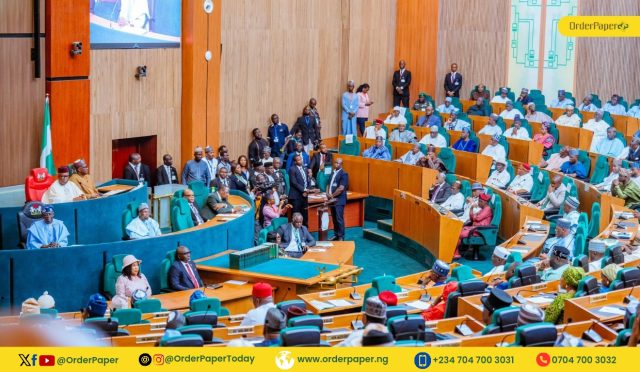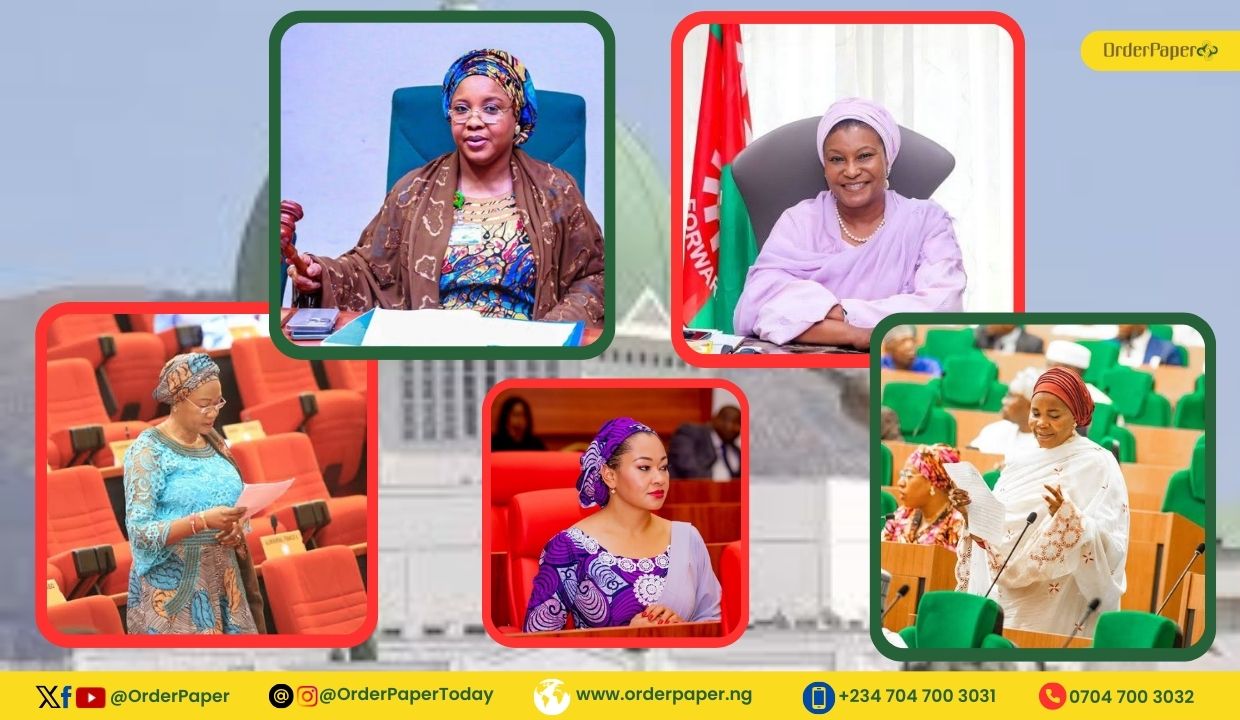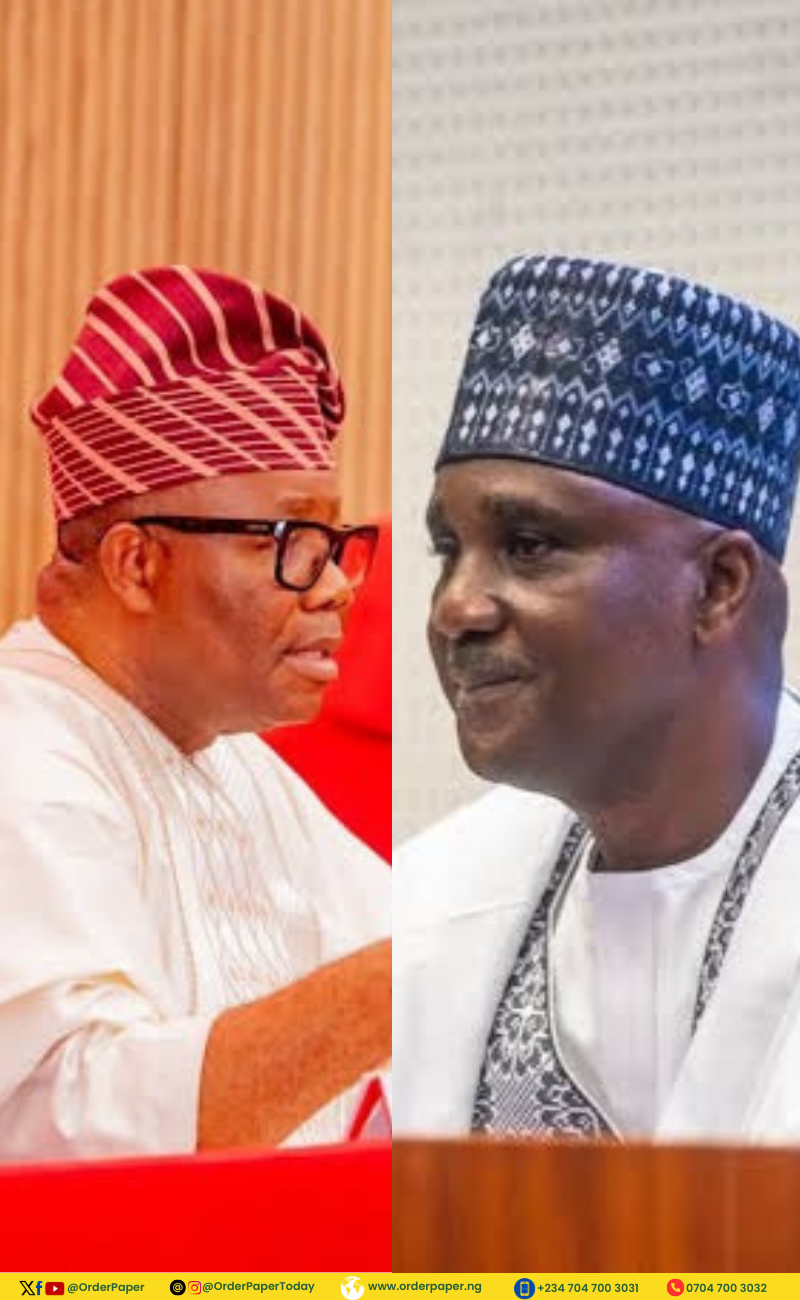
The unfortunate death of members of the National Assembly in recent times prompts discussions about prioritising women representation in parliament

In the first year of the 10th National Assembly, the legislature has lost one senator (Ifeanyi Ubah) and four members of the House of Representatives (Musililudeen Akinremi; Isa Dogonyaro; Ekene Adams, and Abulkadir Danbuga). While these unfortunate events are somber reminder of life’s fragility, they also open critical dialogue about Gender Equality and Social Inclusion (GESI) issues, particularly concerning women’s representation in legislative bodies.
As vacancies arise in the NASS, it is imperative to consider how these shifts affect the political landscape, the participation of women, and the broader pursuit of gender equity in governance.

Gender representation in the national assembly
The representation of women in the national assembly has remained a pressing concern in Nigeria, as women have historically been underrepresented in legislative roles. Currently, Nigeria has four women in the Senate and 16 women in the House of Representatives, totaling 20 females out of 469 members in the national assembly.
The unfortunate passing of male lawmakers often leads to replacement processes that do not prioritize women’s participation. How these vacancies are filled can significantly influence the quest for gender parity in political representation.
Policies and advocacy for change
The fate of women in the context of vacant seats in the national assembly raises important questions about the policies governing electoral processes. Reforms that include provisions that prioritize women when filling legislative vacancies should be advocated for. This can be achieved through setting quotas for female candidates or implementing strategic partnerships with civil society organizations that promote women’s political participation.
Broader social implications
The underrepresentation of women in the national assembly is not merely a legislative issue but a societal one. Having enough representation of women in political office helps in advocacy and addresses issues that women and marginalized communities face, such as reproductive rights, healthcare access, and education.
However, when women are included in decision-making processes, they bring diverse perspectives that reflect the needs of the entire population, driving more equitable and effective governance. Hence, the conversation about vacated seats must extend beyond mere appointment logistics and involve women’s representation to encompass the broader implications for social justice and inclusive governance. Women’s inclusivity in the National Assembly will lead to policies that uplift entire communities, ultimately contributing to a more equitable society.

Conclusion
The recent vacancies in the national assembly due to the passing of lawmakers provide an important lens through which to examine the state of women’s representation in Nigerian politics. Addressing this issue through a GESI lens allows us to recognize women’s systemic barriers and highlight opportunities for change. Advocating for policies that promote gender parity in legislative appointments works towards a more inclusive and equitable governance system that reflects the diverse voices of the Nigerian populace. It’s time to ensure that as seats become vacant, they open doors for women rather than perpetuate cycles of underrepresentation.



